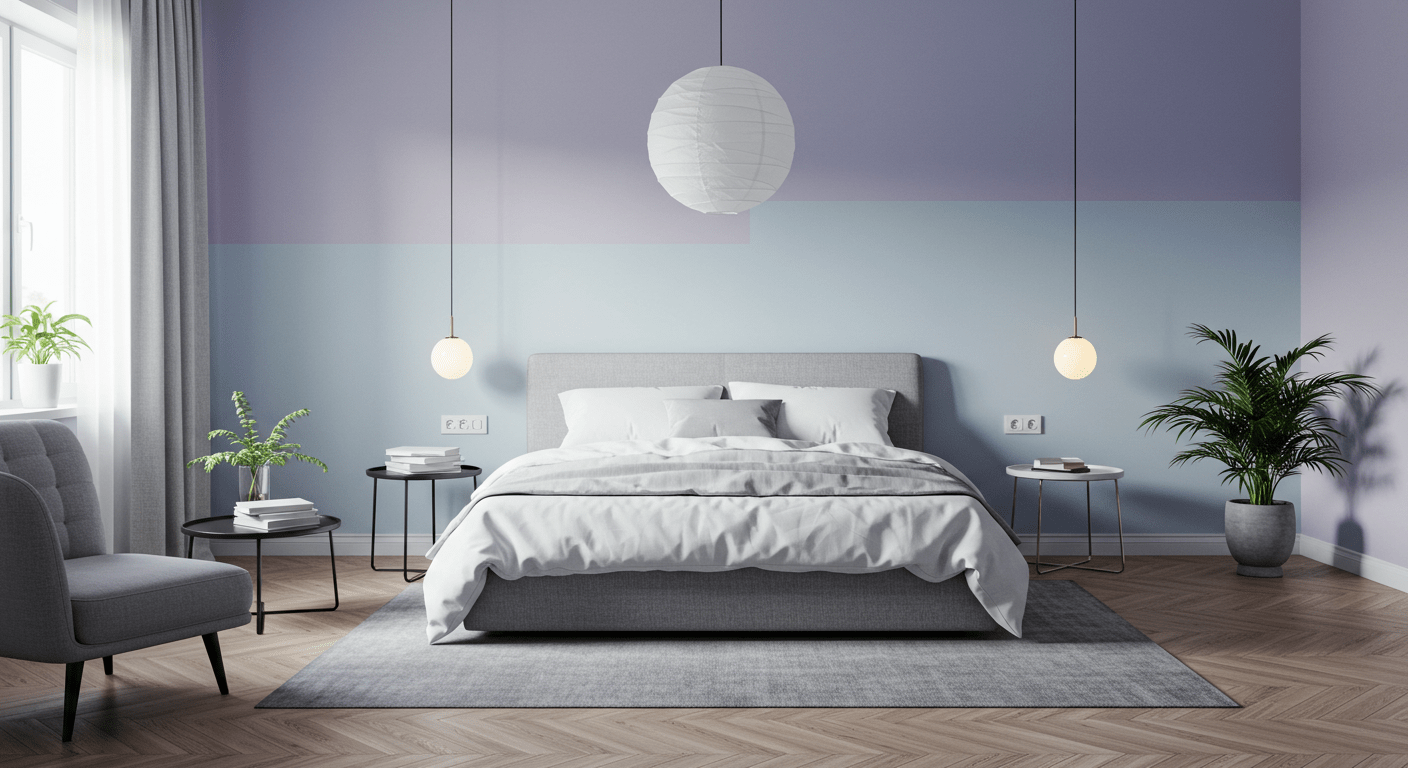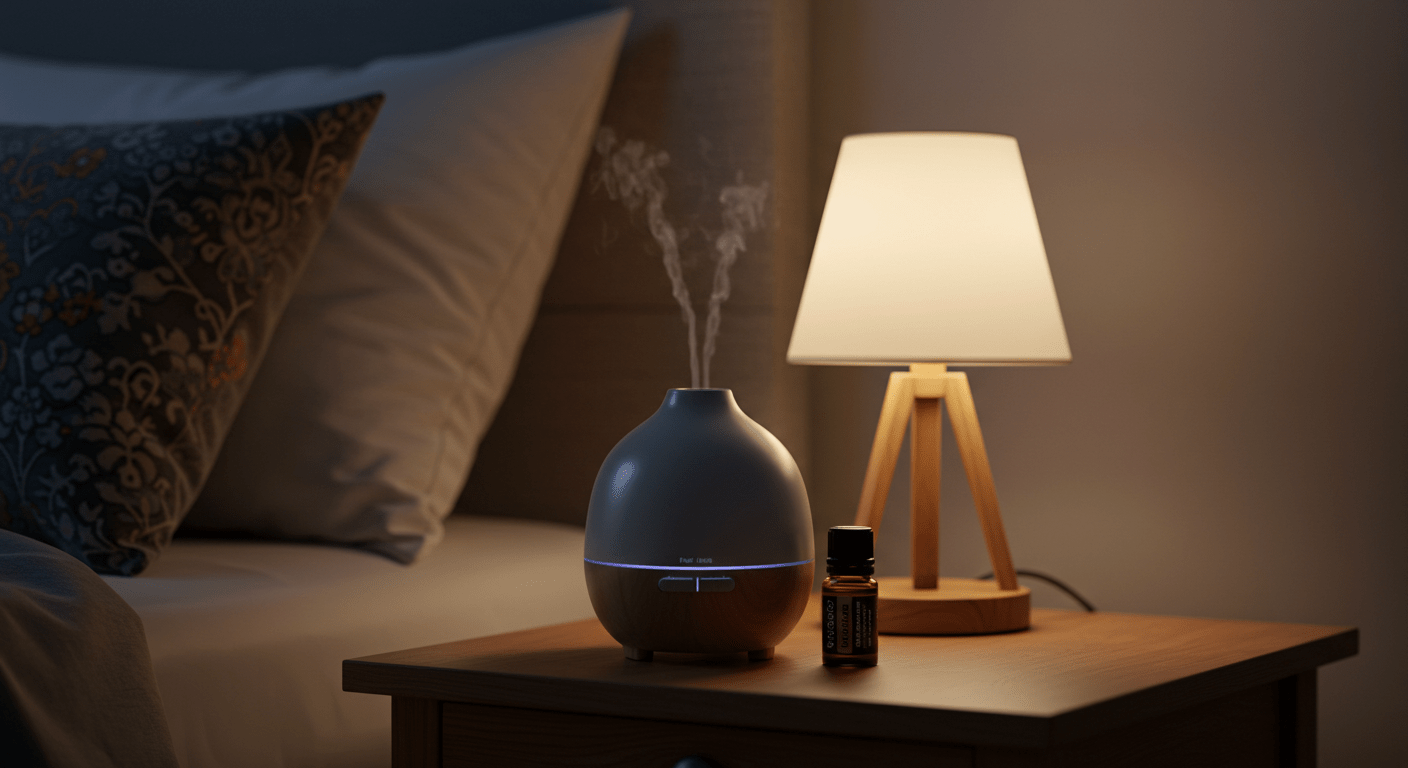The Foundation of Sleep: Choosing the Right Mattress and Pillows
The selection of a mattress and pillows plays a foundational role in influencing sleep quality. The right mattress should support the spine in a natural position, preventing pain and discomfort, which can disturb sleep. Similarly, pillows should maintain the alignment of the neck and head with the spine. The choice of mattress and pillows will depend largely on personal preference and any specific health conditions:
- Mattresses: Whether you choose memory foam, innerspring, or another type, ensure it provides adequate support and comfort. It’s worth investing in a high-quality mattress as it directly affects your spinal health and sleep quality.
- Pillows: The right pillow should match the firmness of your mattress and your sleeping position—thicker pillows for side sleepers, flatter pillows for back sleepers, and very flat pillows (or none at all) for stomach sleepers.


